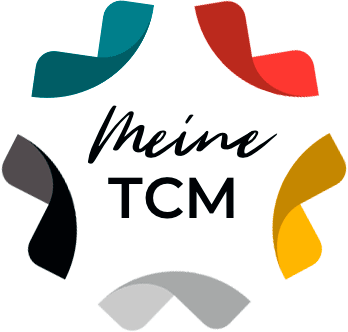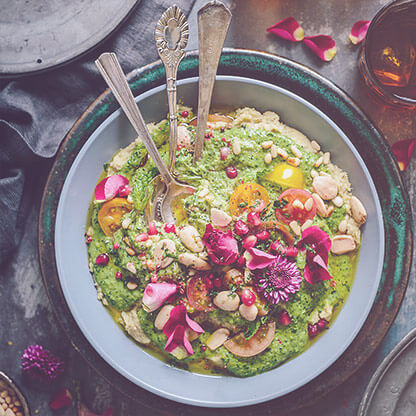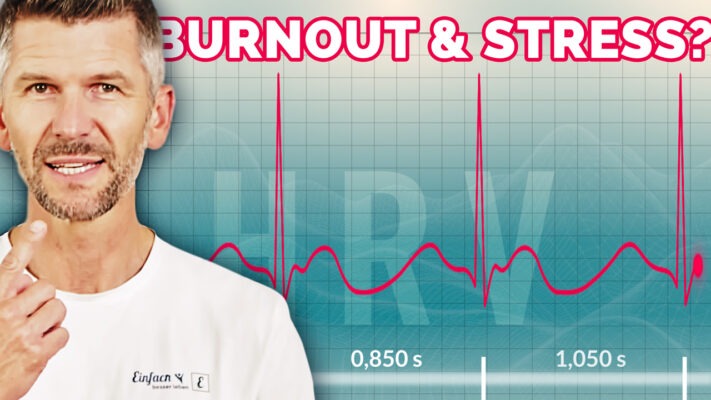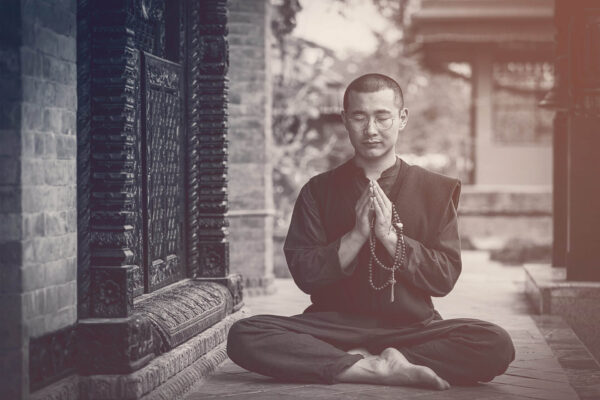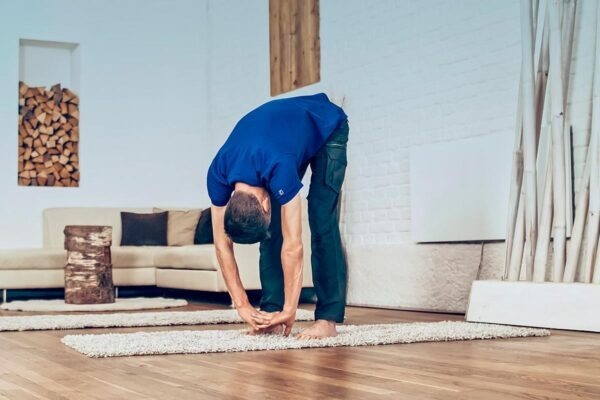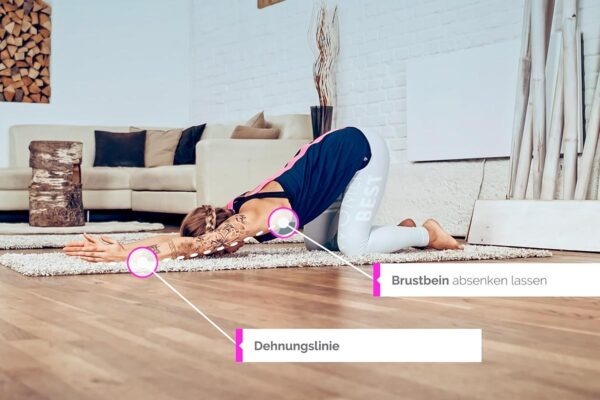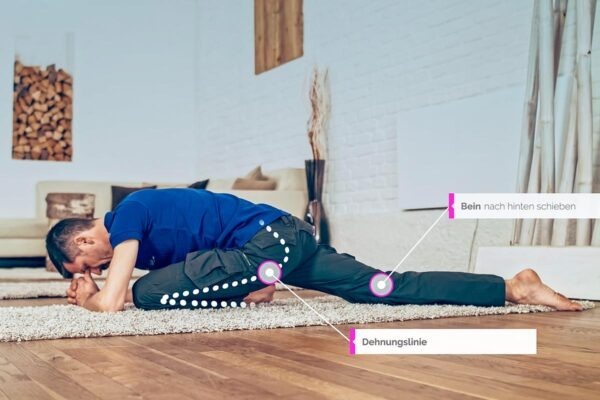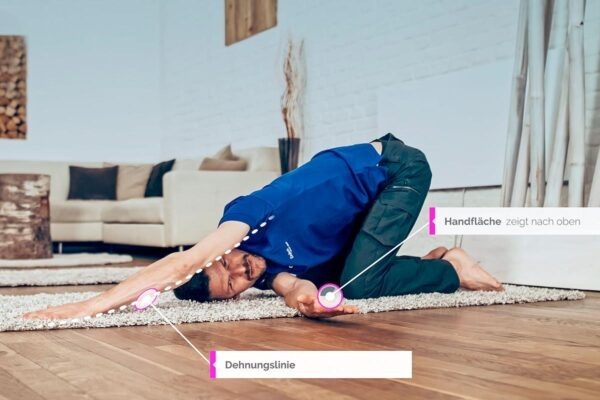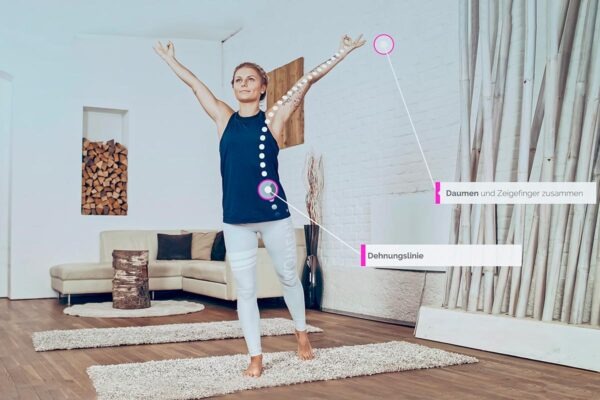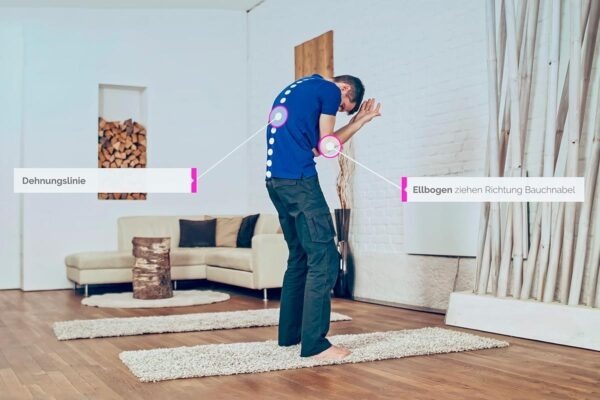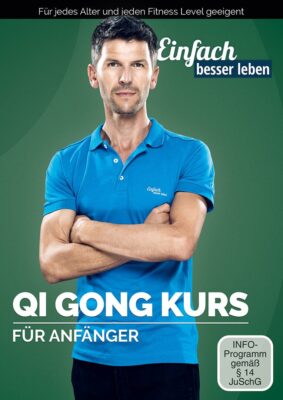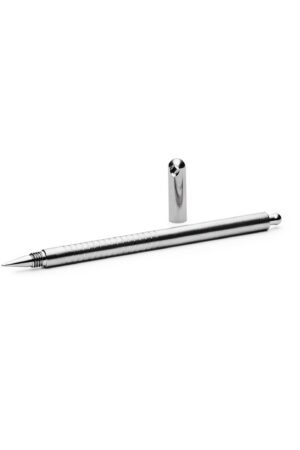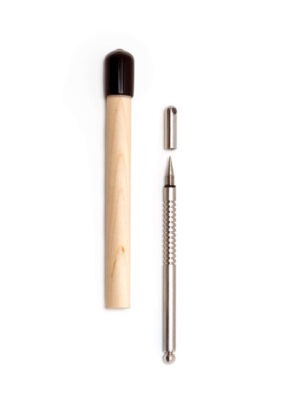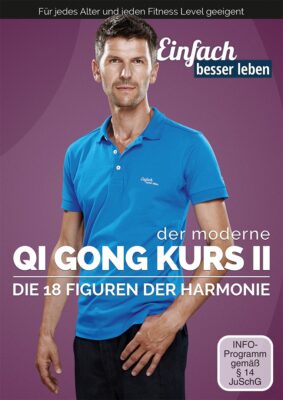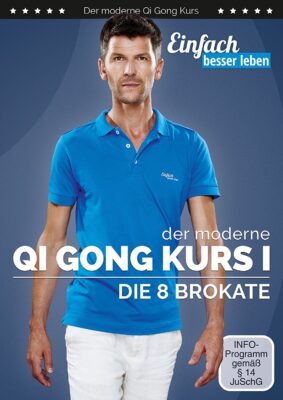Video: What is Qi Gong?
Care of life energy
The Chinese term "Qi can best be translated as "life energy", but also includes breath and air. In Chinese medicine, qi is considered the invigorating force that flows through all living things. Qi is not only inside their bodies, but also outside. Qi also shows itself to us in nature, because flowers and trees are equally flowed through by Qi.
The Japanese call this force "Ki". In India it is called "Prana". It always means the same thing - the power and energy that is inherent in everything and keeps us alive.
In Chinese medicine, health is only possible when the Qi in our body is pure and not polluted and can flow freely. Due to bad living habits, diseases, physical or psychological, can manifest over time, due to energy blockages in the body system.
Generally, it can be said that a person's body is full of Qi.
The word "gong" can be approximately translated as "body work" or "success through perseverance and practice". Therefore, Qi Gong means "work with the energy of life". We learn to improve the flow and distribution of Qi in our body, through movement and concentration, to strengthen our health and bring body and mind into harmony.
A holistic healing system...
As already mentioned, Qi Gong is a holistic healing system with a long tradition, which has been continuously developed until today. It includes health-promoting postures, movement, self-massage, breathing techniques and meditation. Through these various exercise methods, Qi is supposed to be collected and stored in the body, like in a reservoir. The goal is to expel impure Qi and absorb fresh pure Qi.
Qigong is often referred to as "exercise" or "training" because it is not prescribed for a limited time, like a medicine, but rather is to be practiced daily. In this regard, 20 minutes of daily practice is enough to improve one's health and well-being to a great extent.
All can practice qigong. There are exercises for every age and health condition. You can practice standing, sitting, lying or walking. This allows even physically challenged people to practice Qi Gong, which can improve their health in the long term.
Only in a quiet pond the light of the stars is reflected.
Chinese wisdom
The 3 Qi Gong principles
-
Breathing: Qi Gong is often translated as "breathing exercises". This is because qi still has the meaning of air or breath. Conscious breathing is a very important point in all qigong exercises. It is about developing effortless, easy and efficient breathing that supplies the whole body with oxygen and Qi.
For all the following exercises applies: it is best to breathe through the nose, because this cleans, moistens and, in the cold season, warms the air.
This way of breathing leads to a better oxygen supply of the blood and there is a general relaxation. This in turn promotes the dilatation of blood vessels, which causes a decrease in blood pressure. In addition, the chemistry in the blood changes for the better and the acid-base ratio normalizes. The improved blood circulation is often noticeable by warm hands and feet during the Qi Gong exercises.
In Chinese medicine, relaxed abdominal breathing is considered an energy pump that sends Qi through the pathways. A Chinese guiding principle says: "Qi is deeply implanted in the feet, controlled by the abdomen and manifested in the hands".
Thus, abdominal breathing fills the dantien (center of the hara - about 4 transverse fingers below the navel) with qi. When the dantien is filled, the excess Qi begins to flow into the meridians, bones and tissues, creating a feeling of warmth throughout the body.
-
Posture: Gaining healthy Qi from correct posture is an important principle of Qigong. Correct posture promotes relaxation, balance, proper breathing and energy flow. It is important to first master the elementary rules of posture before practicing the more subtle techniques of Qi regulation. How can the Qi flow if the body is crooked and lopsided?
Through the correct posture, it is easier to discover the weak and blocked zones of the body to work on them. So what does this basic posture look like in qigong?
The back should feel long and open, as if it were a rope being stretched slightly up and down. The idea that the highest point of the crown is stretched up to the sky with a thread helps to feel this stretch. The head floats like a cork on the spine. The jaw muscles are relaxed and the tip of the tongue lightly touches the upper palate - to close the small circuit and form saliva. Saliva is considered the "fluid of life." The eyes look relaxed and soft straight ahead, without focusing on anything.
The shoulders sink down with gravity and in the same way the sternum moves down very slightly. The neck can relax to the side and down along the spine. The arms hang relaxed on the sides of the body. In general, all joints, such as elbows or knees, should always be slightly bent and feel open so that qi can flow easily through these "energy gates." The pelvis is moved slightly forward so that the pubic bone moves up a little toward the navel and the tailbone is "curled" forward. This straightens the spine in the lumbar section and straightens it in the upper section, by stretching it towards the sky.
The knees are slightly bent so that a springy feeling can develop. The feet are shoulder width apart and the edges of the feet are parallel. In the imagination, roots grow from the soles of the feet deep into the earth.
This posture is to connect the person with the energy of the earth and the sky. An accurate posture causes the energy of the universe to flow through us without resistance, charging us with new life energy.
A side effect of the aligned posture is a feeling of "sinking" or rootedness. This is accompanied by a release of tension and a reduction of worry and mental baggage. The motto is, "Relax into the ground through your feet. Don't stand on your own feet, stand on the ground!" This creates a sense of balance, support and well-being. Someone who is rooted and at rest within himself can be difficult to throw off balance. If this happens anyway, however, he will, quickly and effortlessly, find his way back to it.
-
Concentration means being attentive and open, towards oneself and the environment. One does not waste vitality by unnecessary tension. The golden qigong rule is: "Be attentive". We cannot relieve tension without being aware of where tension is and how we build it up.
Just by perceiving our regions of tension, the state of tension can change. In the physical uncertainty relation of Heisenberg it is said that the observed changes by the observation. This is obviously true in particular for the human body. Tense parts of the body tend not to be perceived consciously, but to submerge in their perception, so to speak, into the subconscious, where they are no longer perceived. Nevertheless, they trigger stress in the body and there is a loss of energy.
So if I am aware of my tense shoulders, they gradually relax all by themselves. My breathing slows down when I breathe consciously. Attention is thus the first step on the path to deep relaxation and vitality.
The goal of conscious concentration is to expend only as much force and energy as necessary for each task. Why exert 5 kilos of force when only 4 are needed? The extra kilo is a waste of energy. Daily waste of energy means continuous loss of life energy. In qigong, it is said that if a fly were to sit on a practitioner's shoulder, his knees should bend. He uses just enough energy to stand so as not to collapse. This creates effortlessness and lightness in the movements.
We are in a world where exactly the opposite is lived. The more we work and exert ourselves, the more successful we are in the eyes of society. It is necessary for us to learn to do something without effort and tension.
The following Taoist story will illustrate this: A man is driven into a dangerous rapid while swimming. Confucius runs excitedly along the shore, fearing that the man might drown. When the man later returns to shore unharmed, Confucius asks him how he managed to save himself from drowning. The man replied, "I adapt to the ups and downs of the waves. I follow the Tao of the water without thinking".
Spending only as much energy as necessary is an efficient way to improve health and vitality. But also to reduce stress-related fatigue due to mental overwork. Once the body relaxes, the mind becomes calm, aware and attentive.
Through awareness, the person becomes more sensitive to the processes in his body, but also to his environment. A tense body-mind system can only perceive things in a limited way. Tension also reduces the sensitivity towards other people. Try to shake the hand of a person with tense arms.
Our Most Popular Blog Posts
Qi Gong Easy Online Learning with Our Popular Courses
Back pain
